As much as we love our pets, they can sometimes leave unpleasant odors around the home. Whether it’s from their bedding, litter boxes, or just general pet smells, these odors can become strong over time. Luckily, getting rid of pet odors isn’t as difficult as it may seem. With the right tips, tools, and routines, you can keep your home smelling fresh and welcoming.
In this article, we’ll go through easy ways to eliminate pet odors. We’ll cover everything from cleaning techniques to using the right products. Let’s dive in!
Table of Contents
ToggleHow to Get Rid of Pet Odors in Your Home
These are the tips to get rid of pet odors in your home:
1. Regular Cleaning: The Key to an Odor-Free Home
Why Regular Cleaning Matters
Regular cleaning is the first step in controlling pet odors. Pets naturally shed hair, dander, and sometimes leave small messes behind. Cleaning regularly helps remove these particles before they create bad smells.
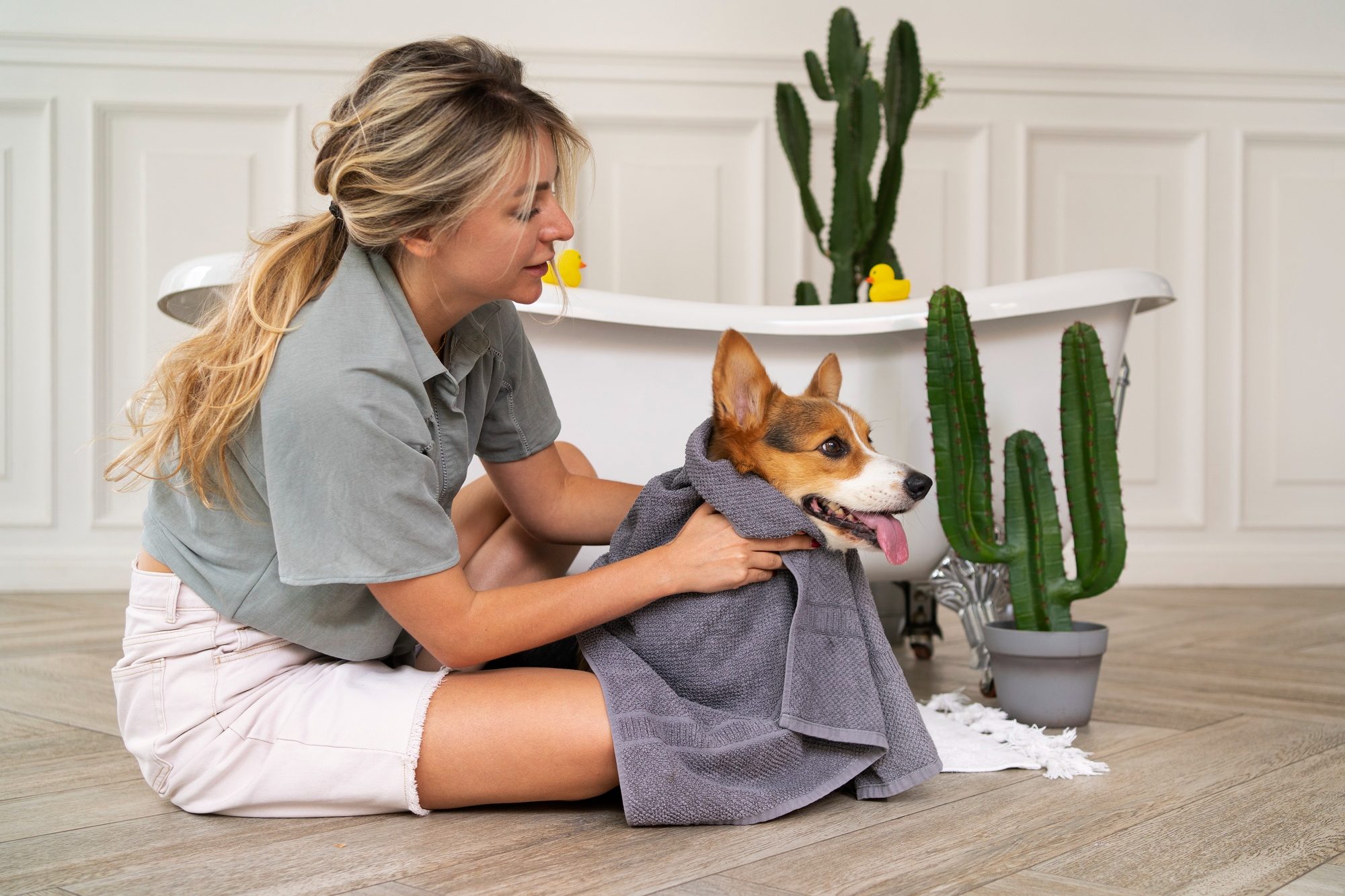
Tips for Regular Cleaning
- Vacuum Often – Use a vacuum with a HEPA filter, which is excellent for picking up pet hair and dander. A good vacuum for pet owners is the Dyson Ball Animal 2, specifically designed to handle pet hair.
- Wash Pet Bedding – Pet beds, blankets, and any fabric items your pet uses should be washed weekly. Use a gentle detergent that won’t irritate their skin.
- Wipe Down Surfaces – Clean surfaces that your pet frequently touches. Use pet-safe cleaning sprays, like the Simple Green Pet Stain & Odor Remover.
2. Air Purification: Freshen the Air
How Air Purifiers Help
Air purifiers are highly effective in removing pet odors from the air. They capture pet hair, dander, and any other particles that contribute to odors. Choose an air purifier with an activated carbon filter for the best results, as these filters are designed to neutralize smells.
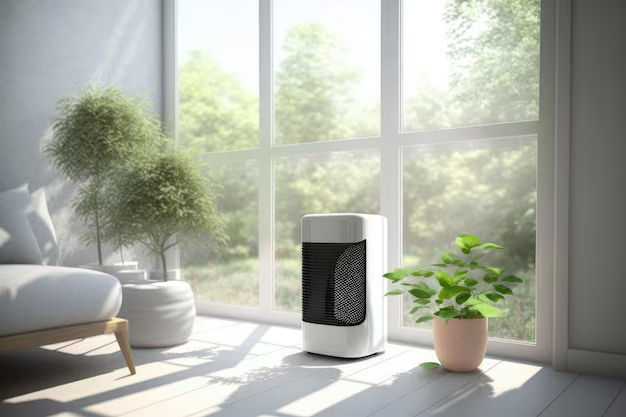
Recommended Air Purifiers
- LEVOIT Core P350 – Designed for pet owners, this purifier has a True HEPA filter and an activated carbon filter. Find it here.
- Honeywell HPA300 – A strong option for larger spaces; its filters capture pet dander and odor particles.
Also Read: Why Do Dogs Look at You When They Poop? Some Amazing Facts
3. Tackle Pet Stains Quickly
Why Immediate Cleaning Matters
If your pet has an accident, cleaning it up right away prevents odors from setting into carpets or upholstery. The quicker you act, the easier it is to keep odors from lingering.
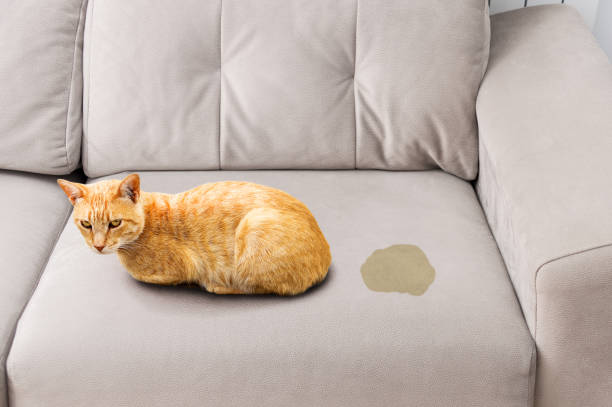 How to Remove Pet Stains
How to Remove Pet Stains
- Blot the Area – Use paper towels or a clean cloth to blot up as much as possible.
- Apply an Enzyme Cleaner – Enzyme cleaners are great for pet stains as they break down the organic material causing the smell. Rocco & Roxie Stain & Odor Eliminator is a highly recommended enzyme cleaner.
- Rinse and Blot Again – After applying the cleaner, rinse the area with water and blot to dry.
4. Use Natural Odor Absorbers
How Natural Odor Absorbers Work
Natural odor absorbers like baking soda, white vinegar, and activated charcoal can effectively neutralize pet odors. These are safe, non-toxic options that can be used in various areas of the home.
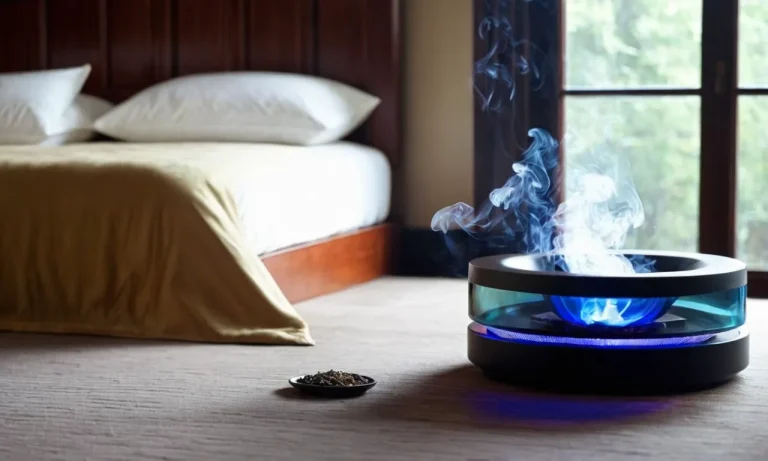
Ideas for Using Natural Odor Absorbers
- Baking Soda for Carpets – Sprinkle baking soda on carpets, leave it for 15-30 minutes, and vacuum it up. It’s simple yet effective.
- White Vinegar Spray – Mix equal parts vinegar and water in a spray bottle. Use it on hard surfaces (not fabric) to neutralize smells.
- Activated Charcoal Bags – Place these in rooms or near litter boxes to absorb odors. Find eco-friendly options like Moso Natural Air Purifying Bags.
5. Maintain a Clean Litter Box
Importance of Litter Box Hygiene
For cat owners, the litter box can be a significant source of odors. Keeping it clean can drastically reduce unwanted smells in your home. Scoop out waste daily and change the litter regularly.
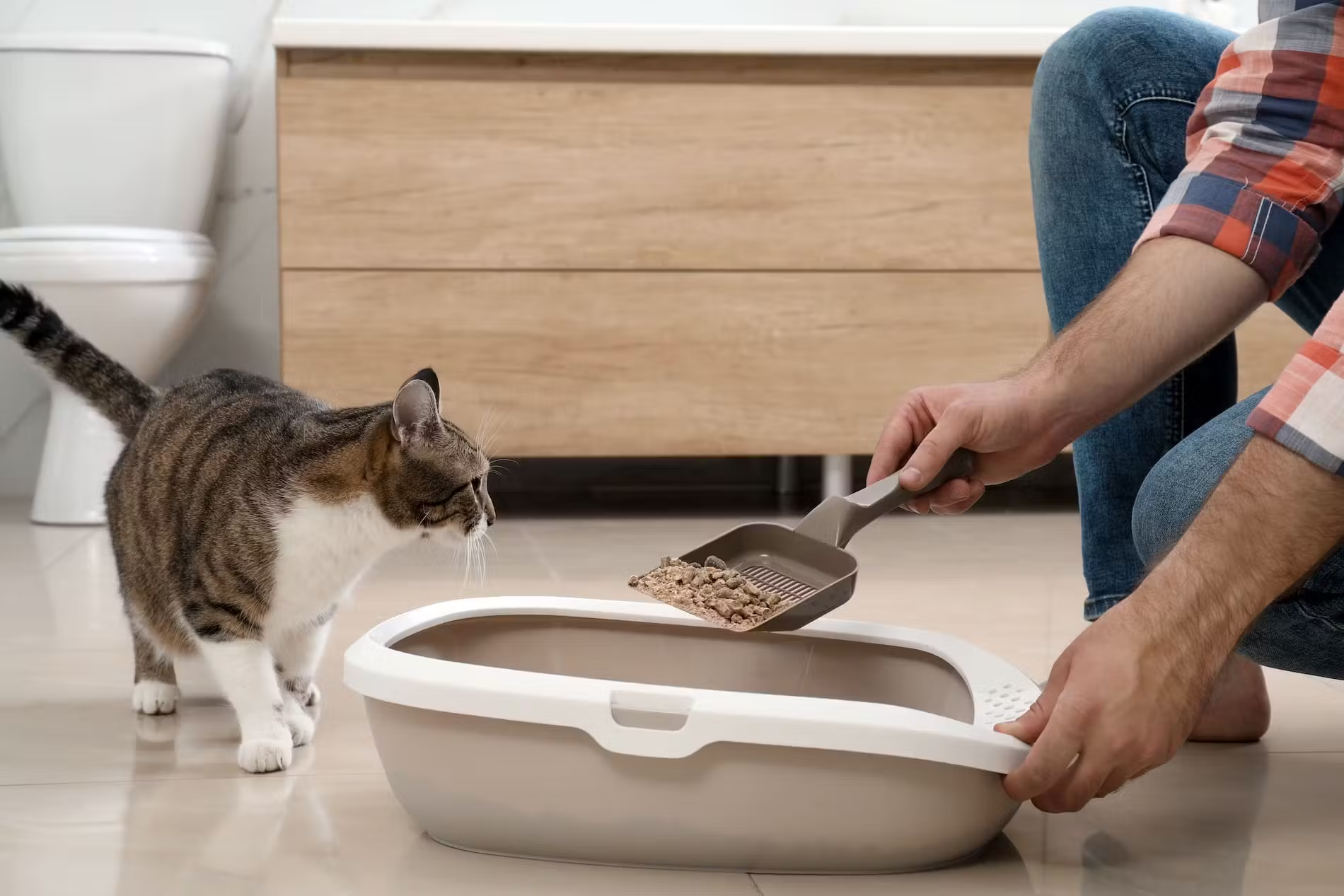
Tips for a Cleaner Litter Box
- Choose an Odor-Absorbing Litter – Some litters have built-in odor control, like Arm & Hammer Clump & Seal.
- Use Baking Soda – Add a thin layer of baking soda under the litter to help absorb smells.
- Consider a Covered Litter Box – Covered litter boxes can help contain odors and give your cat privacy. However, ensure proper ventilation to keep your cat comfortable.
6. Regular Grooming for Your Pet
Why Grooming Matters for Odor Control
Grooming your pet not only keeps them clean but also prevents them from carrying dirt, dander, and oils that can cause odor. Regular baths, brushing, and ear cleaning make a noticeable difference in reducing pet odors.
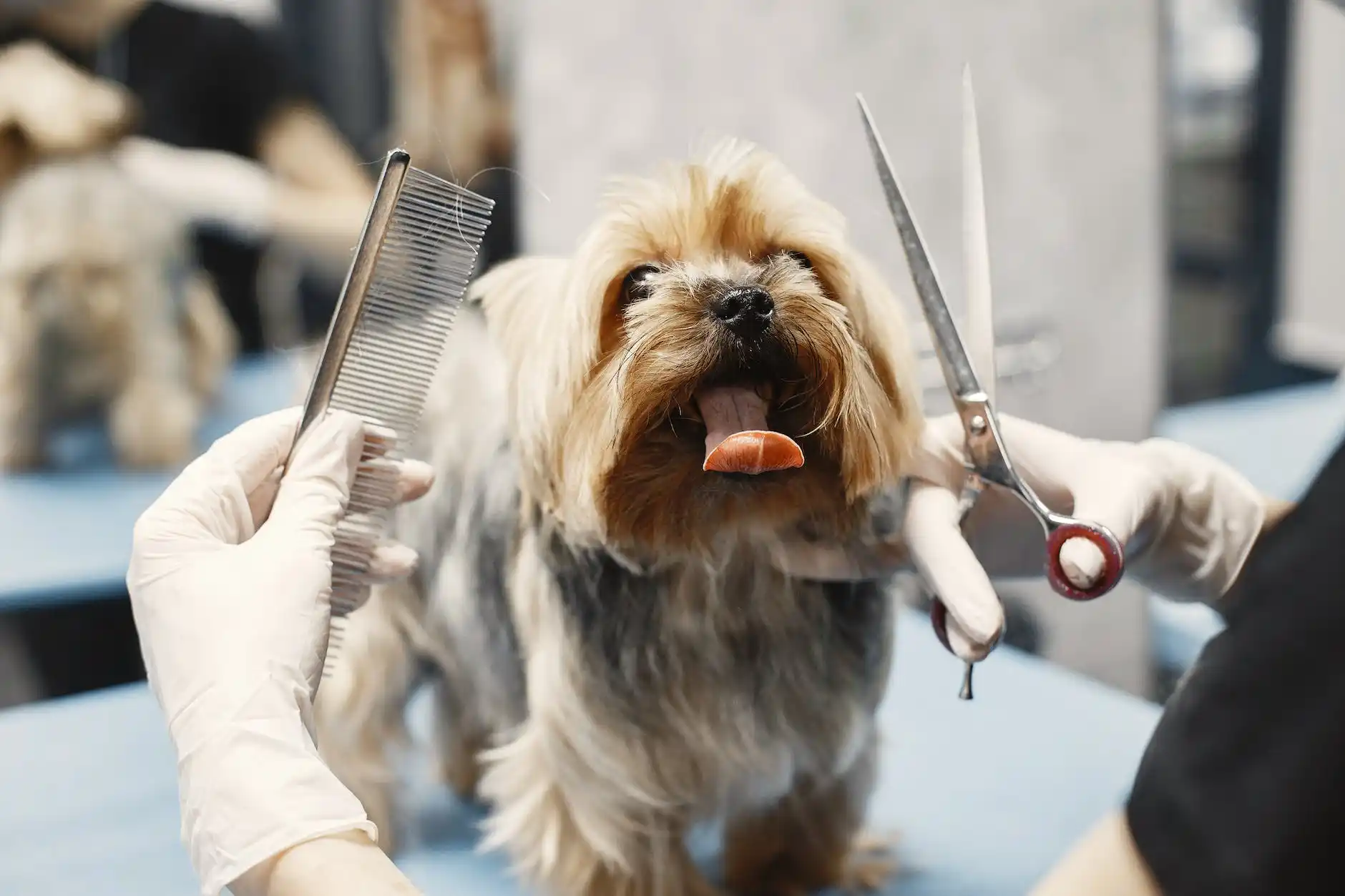
Grooming Tips for Reducing Odor
- Bathing – Use a pet-friendly shampoo, like Earthbath Oatmeal & Aloe Pet Shampoo, which is gentle and deodorizing.
- Brushing – Brush your pet’s fur daily to remove loose hair and dander, especially if they shed frequently.
- Ear and Paw Cleaning – Wipe their paws and clean their ears with pet-safe wipes to keep them smelling fresh.
Also Read: How Pets Impact Our Mental Health: A Complete Guide
7. Use Essential Oils Carefully
Can Essential Oils Help with Pet Odors?
Some essential oils, like lavender or eucalyptus, can help freshen up your home. However, be cautious, as many essential oils are toxic to pets if ingested or used in excess. Stick to pet-safe oils and avoid diffusing them directly near your pet.
How to Use Essential Oils Safely
- Pet-Safe Diffusers – Place diffusers in areas your pet doesn’t frequent. Pet House Candles are made specifically for pet-friendly homes and come in various pleasant scents.
- Natural Room Sprays – Make a DIY room spray by mixing water with a few drops of lavender oil. Avoid spraying directly on your pet’s bedding.
8. Wash Pet Toys and Accessories
Why Washing Pet Items Matters
Pet toys, collars, and leashes can carry odor-causing bacteria over time. Washing them regularly will keep these items fresh and prevent them from contributing to pet smells in your home.

How Often to Wash Pet Accessories
- Toys – Wash chew toys weekly, especially if they’re fabric. Plastic toys can often be washed in the dishwasher (check the label).
- Collars and Leashes – Hand wash collars and leashes every couple of weeks. Use mild soap and warm water, then let them air dry.
Also Read: Do Dogs Dream? What Do Dogs Dream About?
9. Deep Clean Carpets and Upholstery
Why Carpets and Upholstery Hold Odors
Pet hair, dander, and accidents can become embedded in carpets and upholstery, leading to persistent odors. Deep cleaning these surfaces every few months helps remove trapped odors and keep your home smelling fresh.
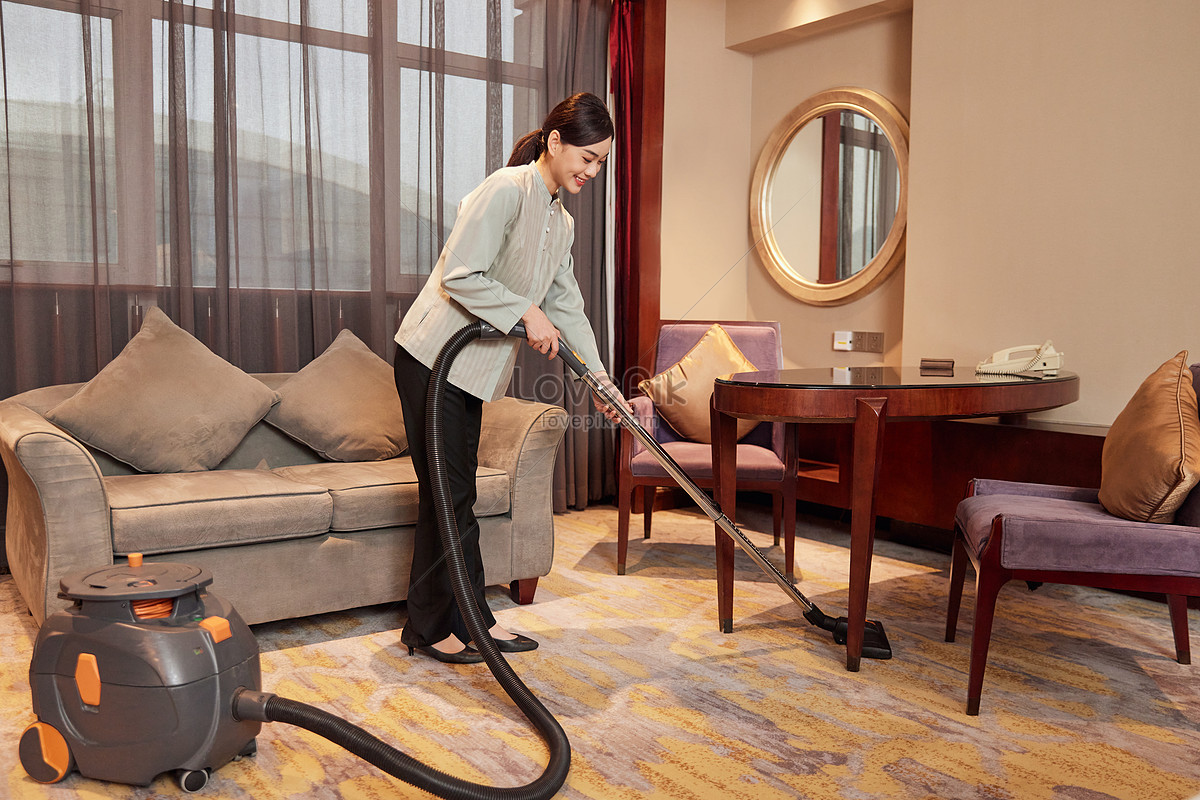
Methods for Deep Cleaning
- Steam Cleaning – A steam cleaner with a pet-safe carpet detergent can help eliminate deep-seated pet odors.
- Professional Cleaning – For severe odors, a professional carpet cleaning service may be necessary. Many companies, like Stanley Steemer, offer pet-specific cleaning options.
- DIY with Baking Soda and Vinegar – Sprinkle baking soda on carpets, spray with vinegar, and let it fizz. Vacuum after it dries for a fresh-smelling carpet.
10. Ventilate Your Home Regularly
How Ventilation Reduces Odors
Fresh air can make a big difference in removing pet smells. Opening windows, even for just 10-15 minutes a day, allows odors to escape and brings fresh air in.
Tips for Better Ventilation
- Window Fans – Use a fan to draw out stale air or bring fresh air into the room.
- Ceiling Fans – Set ceiling fans to spin counterclockwise to create a cooling breeze, which also helps circulate air.
- Air Out Bedding – Take your pet’s bedding outside to air out, which helps remove embedded smells.
Conclusion
Keeping Your Home Fresh and Pet-Friendly
Getting rid of pet odors doesn’t have to be a constant battle. With the right cleaning routines, air purifiers, and odor-neutralizing products, you can keep your home smelling fresh while enjoying time with your furry friends. Regular maintenance and using the tips mentioned above will help you achieve a clean, inviting space, even with pets around.
Suggested Resources
- Amazon – Pet-safe cleaning products
- PetSmart – Pet grooming essentials
- Chewy – Odor-neutralizing litters and accessories
FAQ: How to Get Rid of Pet Odors in Your Home
1. What causes pet odors in the home, and why can they be hard to remove?
Pet odors come from a combination of sources, including pet dander, fur, saliva, and sometimes accidents on carpets or furniture. These elements can seep into fabrics, upholstery, and carpets, making the odors more persistent over time. Additionally, if a pet’s living area isn’t cleaned regularly, the buildup of oils, hair, and dirt can create a strong smell. Pet odors are particularly challenging to remove because they embed deep into materials, often requiring special cleaning solutions and techniques.
2. How often should I clean my home to control pet odors?
To keep pet odors under control, it’s best to follow a regular cleaning routine. Vacuuming pet hair and dander every two to three days and washing pet bedding weekly can make a big difference. Clean any litter boxes daily, and spot-clean furniture or carpets as needed. By maintaining a consistent cleaning schedule, you’ll prevent odors from accumulating and becoming tougher to remove later on.
3. Do air purifiers really help with pet odors?
Yes, air purifiers can be very effective in reducing pet odors, especially when equipped with an activated carbon filter that traps odor-causing particles. HEPA filters are also helpful for capturing pet dander and hair that circulate in the air. However, it’s important to pair an air purifier with regular cleaning routines for the best results, as it can’t replace deep cleaning but does help keep the air fresh and free from lingering smells.
4. How can I remove pet urine smell from carpets and furniture?
To remove pet urine smells, start by blotting the area with a clean cloth to absorb as much liquid as possible. Then, apply an enzyme cleaner specifically designed for pet stains, as it breaks down the odor-causing bacteria. Let the cleaner sit for a few minutes before rinsing with water and blotting dry. Avoid using steam cleaners on pet stains, as the heat can set the odor deeper into the fibers, making it harder to remove.
5. Are there any natural remedies for pet odors?
Yes, natural remedies like baking soda, vinegar, and activated charcoal are great for neutralizing pet odors without harsh chemicals. Sprinkle baking soda on carpets or upholstery, let it sit for 15-30 minutes, then vacuum it up. You can also make a solution of equal parts water and white vinegar to spray on hard surfaces or areas with mild odors. Activated charcoal bags can be placed around the house to absorb smells passively, especially near litter boxes or pet beds.
6. How can I keep my cat’s litter box from smelling up the house?
To minimize litter box odors, scoop waste daily and change the litter at least once a week. Using an odor-absorbing litter can also help, as well as placing a thin layer of baking soda at the bottom of the box to absorb smells. Consider using a covered litter box with adequate ventilation, which helps contain the odor. Additionally, placing an air purifier near the litter box area can further reduce any lingering smells.
7. What products should I avoid using for pet odors as they may be harmful to my pet?
Avoid using products with strong chemicals, bleach, or ammonia around your pet, as these can be harmful if ingested or inhaled. Also, some essential oils, such as tea tree oil or eucalyptus, can be toxic to pets if used improperly. Always check that the products you use are pet-safe and, if possible, opt for natural cleaners. There are many pet-safe products specifically designed for odor removal that are safe to use around animals.
8. Can regular grooming help reduce pet odors in the home?
Yes, regular grooming can make a significant difference in controlling pet odors. Bathing your pet every few weeks (depending on their breed) reduces the natural oils and dirt on their skin and coat. Regular brushing removes loose hair and reduces shedding, preventing buildup on furniture and floors. Additionally, cleaning your pet’s paws and wiping down their coat after outdoor play can help keep dirt and odors at bay indoors.
9. How can I refresh my furniture and carpets without using chemical sprays?
For a natural refresh, sprinkle baking soda on carpets and upholstery, let it sit for about 20 minutes, then vacuum thoroughly. Baking soda is excellent for neutralizing odors without leaving a strong scent. You can also use a white vinegar and water solution as a mild spray for fabric surfaces, although it’s best to test a small spot first. Essential oils like lavender or chamomile can be added in small amounts to baking soda if your pet is not sensitive, providing a light scent.
10. How can I make sure my home stays odor-free without constantly cleaning?
To maintain a fresh-smelling home, try setting up a few passive odor absorbers, like activated charcoal bags or small bowls of baking soda in areas where your pet spends time. Investing in an air purifier can also help keep the air cleaner without daily effort. Regularly airing out your home by opening windows for 10-15 minutes can circulate fresh air. Keeping a consistent, manageable cleaning schedule, like vacuuming every few days and washing pet bedding weekly, will help you maintain an odor-free environment with less effort.
